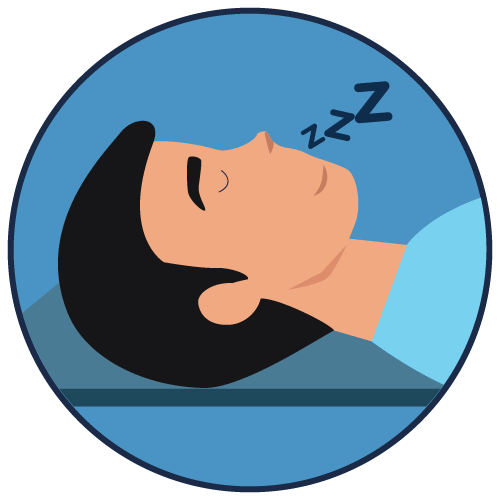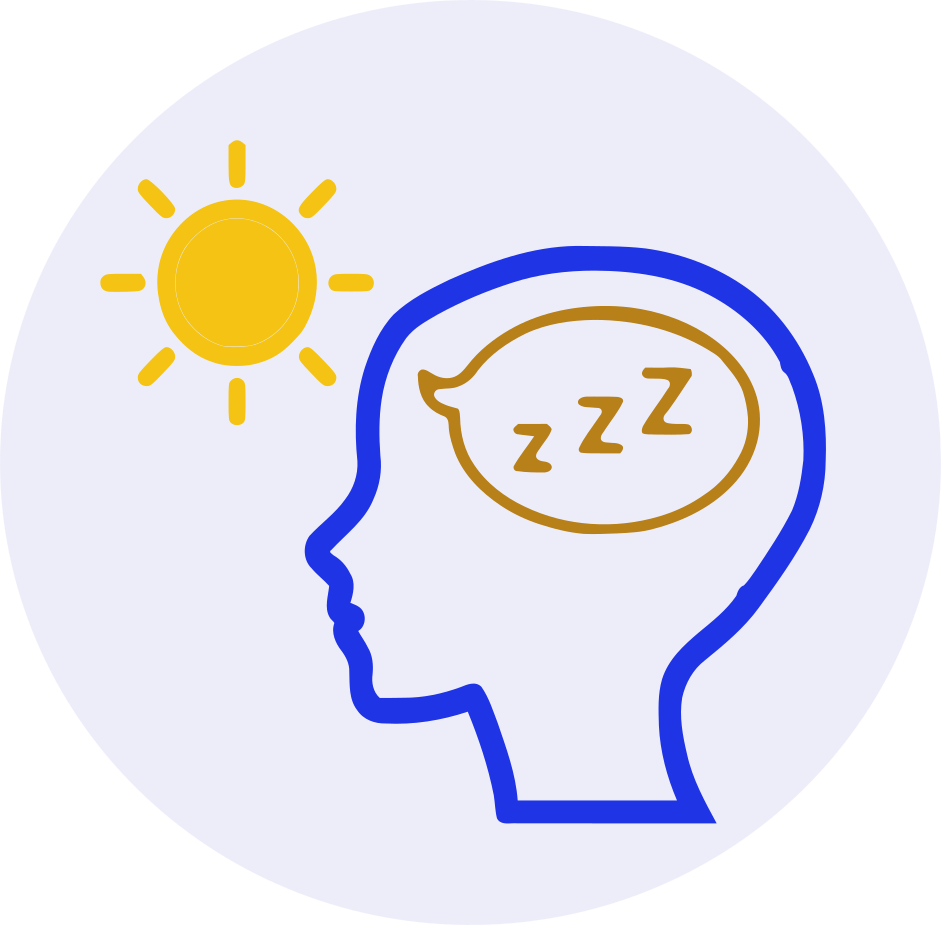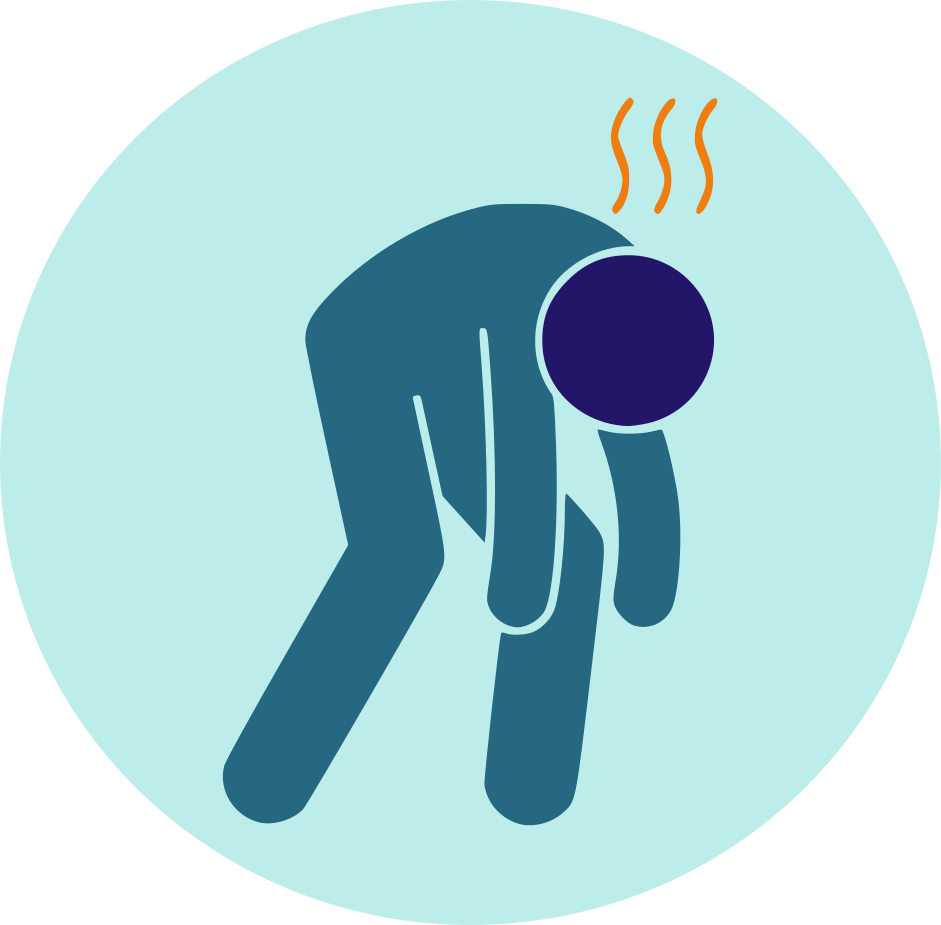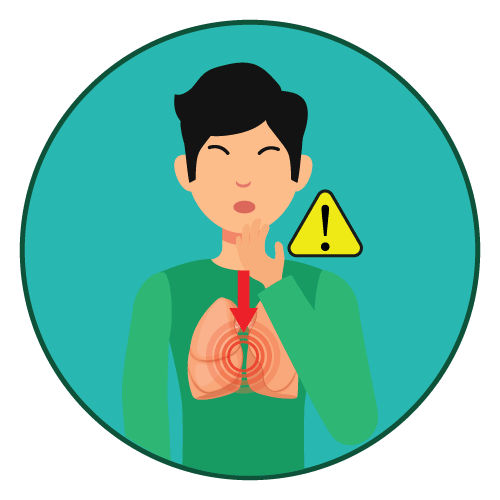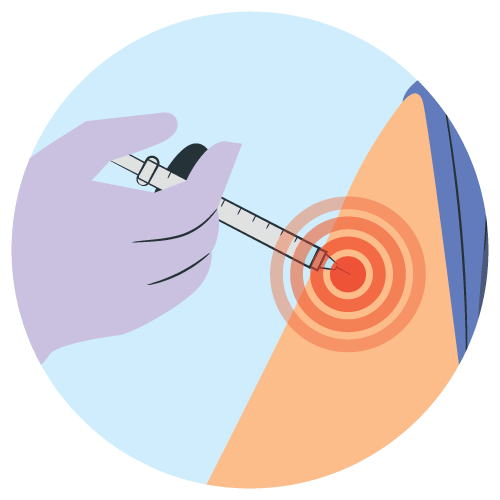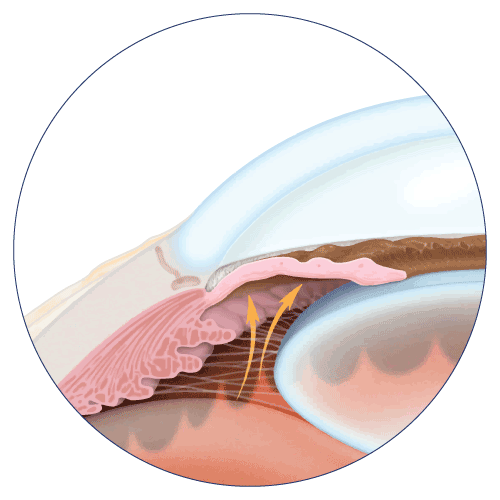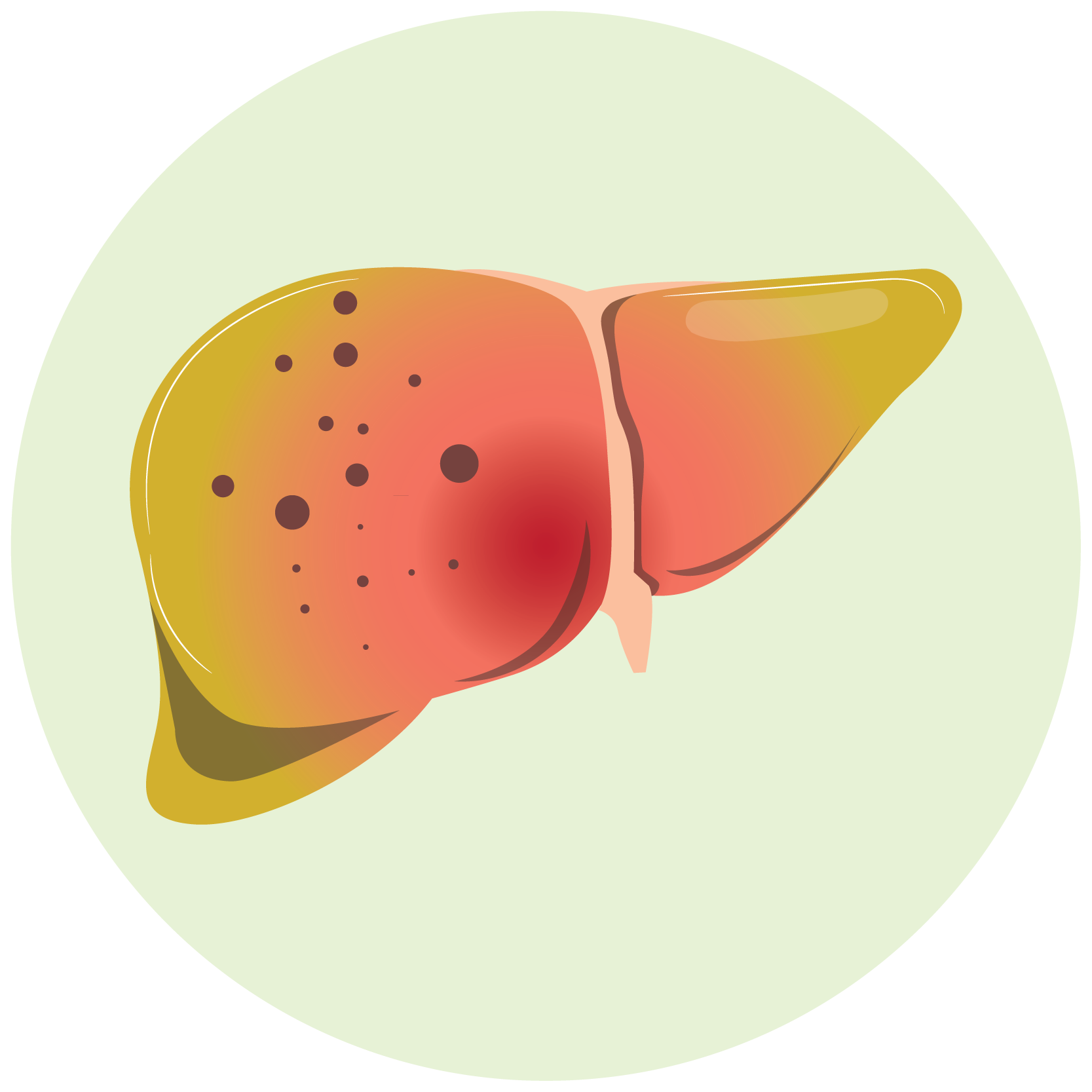| Name | Midazolam |
| Classes |
Central Nervous System Agent Psychotherapeutic Agent Anxiolytic Benzodiazepine Sedative and Hypnotic |
| Diseases |
Anxiety CNS Disorder Sleeping Disorder |
Midazolam
Midazolam is a fast acting with a short duration of action tranquilizer of the triazolobenzodiazepine class. Midazolam is a GABA-A receptor agonist. GABA receptors when stimulated produces inhibitory effects on other neuronal signals.
Midazolam is indicated for the following conditions-
- Sedation
- Anxiety
- Short term treatment of Insomnia
- Status epilepticus
Oral
- Adults should take 7.5-15 mg per day.
- The recommended dose for elderly and disabled patients is 7.5 mg.
- Premedication: 30-60 minutes before the procedure, 15 mg of Midazolam should be given.
Administration by intravenous infusion
- Endoscopic or Cardiovascular Procedures: The starting dose is typically 2.5 mg in healthy persons. The initial dose should be adjusted to 1 to 1.5 mg in situations of severe sickness or in older people.
- Anesthesia is induced at a dosage of 10-15 mg.
Administration intramuscularly
- Adults should take 0.07-0.1 milligrams per kilogram of body weight. A typical dose is around 5 milligrams.
- 0.15-0.20 mg/kg for children
- 0.025-0.05 mg/kg for elderly and disabled patients
Children's rectal administration
- For preoperative sedation: Rectal administration of the ampoule solution (0.35-0.45 mg/kg) 20-30 min. before induction of general anesthesia.
Side effects associated with Midazolam include-
- Drowsiness
- Confusion
- Fatigue
- Headache
- Muscle weakness
- Nausea
For intramuscular/IV administration, following side effects were reported-
- Respiratory depression
- Apnea
- Pain at injection site
- Midazolam intravenous doses should be reduced in aged and disabled patients and in patients with narcotics such as opioids.
- Serious cardiorespiratory adverse events have occurred after administration of midazolam. These have included respiratory depression, airway obstruction, oxygen desaturation, apnea, respiratory arrest and/or cardiac arrest, sometimes resulting in death or permanent neurologic injury.
- When used for sedation in noncritical care settings, intravenous midazolam has been linked to respiratory depression and respiratory arrest. Death or hypoxia encephalopathy has occurred in some cases where this was not diagnosed and treated promptly. Only use intravenous midazolam in hospital or ambulatory care settings, such as doctors' and dentists' offices, where continuous monitoring of respiratory and cardiac function, i.e. pulse oximetry, is possible. There should be immediate access to resuscitative medications as well as age- and size-appropriate equipment for bag/valve/mask ventilation and intubation, as well as professionals who are educated in their usage and proficient in airway care.
- Reactions such as agitation, involuntary movements (including tonic/clonic movements and muscle tremor), hyperactivity and combativeness have been reported in both adult and pediatric patients.
- Barbiturates, alcohol, and other central nervous system depressants used together may raise the risk of hypoventilation, airway obstruction, desaturation, or apnea, as well as contribute to a more deep and/or protracted pharmacological impact. The ventilatory response to carbon dioxide stimulation is also slowed by narcotic premedication.
- Injectable midazolam should not be given to adults or children who are in shock or coma, or who are suffering from acute alcohol consumption with a drop in vital signs.
- Several studies have linked the usage of benzodiazepine medicines (diazepam and chlordiazepoxide) to an increased risk of congenital abnormalities. If this medication is taken during pregnancy, the patient should be informed about the risk to the fetus.
Contraindication
- Midazolam Tablets are contraindicated in patients with known sensitivity to this drug or other benzodiazepines, such as-
None known.
Midazolam is contraindicated in patients with-
- Narrow angle glaucoma
- Intrathecal/ epidural administration due to benzyl alcohol content
- Severe hepatic dysfunction
- Respiratory depression
 Bangla
Bangla English
English

